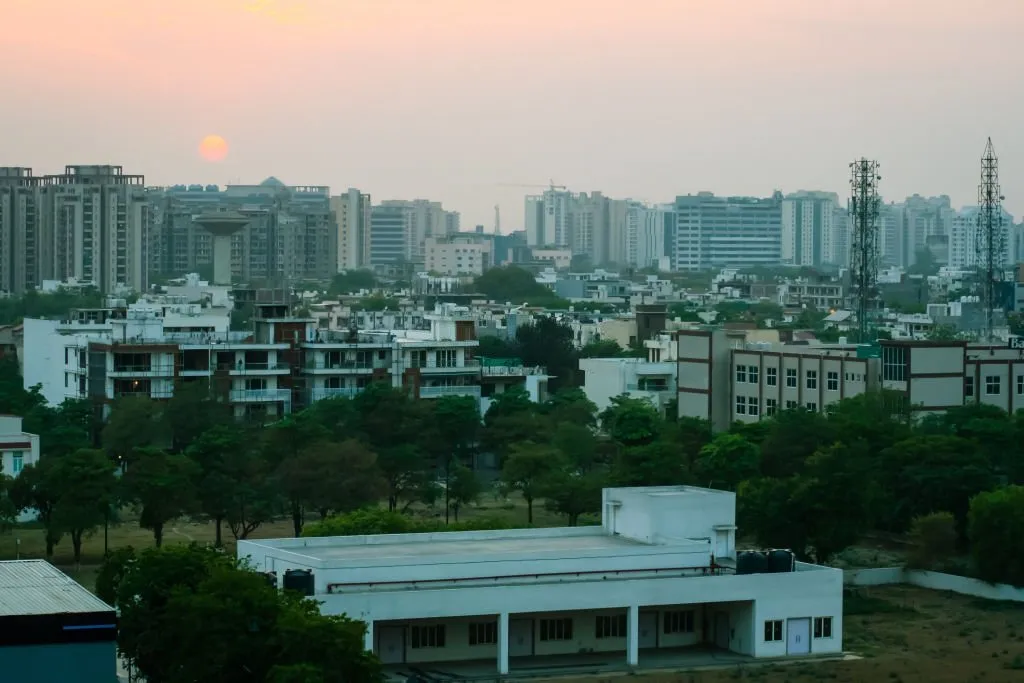How to know if the property's price is fair in Gurgaon? [Updated on: March 2024]

Here are some tips to determine if the property price in Gurgaon is fair:
Check the ready reckoner rates:
The circle rates or ready reckoner rates issued by the Revenue Department indicate the minimum price at which a property can be registered. For residential property in Gurgaon, the reckoner rates are revised every 6 months. The actual market price is usually higher than the reckoner rate. But if the asking price is substantially below the reckoner rate, it may signify scope for negotiation or that the area has issues impacting livability and demand. Compare with recent registered sale deeds of comparable properties to determine fair rate.
Compare the prevailing market rates:
Analyze the prices of recent transactions for properties comparable to the one you intend to buy in the same community or colony in Gurgaon. Comparable properties will be similar in age, size, amenities, layout, quality of construction, etc. Shortlist such properties sold within the past 6-12 months. Evaluate if the asking price for the property in question is in line with or lower/higher than the market range based on various attributes. This will give an idea of the fair price benchmark for that locality and segment.
Check historical price trends:
Refer to property price indices released by agencies like NHB Residex to determine the historical trend of capital and rental values in housing markets across India including Gurgaon. For the chosen location and segment, a downward price trend signifies that the asking price may not hold potential for future appreciation and you can negotiate a lower rate. An upward trend means that the rates are gaining momentum so you may have to settle for a fair market price or higher for a premium under-construction property.
Inspect the property for price impacting features:
Physically evaluate the property to identify features like east/west orientation, vastu compliance, floor level, parking availability, large balconies etc that typically command a price premium in Gurgaon. Also check if the project offers facilities like gym, pool, play area, security, power backup etc. These attributes enhance the rental potential and resale value, so compare the additional charges for such amenities with the increase in capital values they contribute. Analyze if the asking price factors these value additions fairly.
Negotiate the best deal:
Do not get pressured into making an offer at the asking price which may be pegged higher by some sellers in the hope of gaining a premium, especially for new launches. Evaluate your purchasing power and priorities to determine the price you can afford to pay for the property based on your future use. Make an offer at a range you believe is justified and negotiate firmly with the seller to arrive at a fair price that balances both your interests. It is a buyer's market, so use that to your advantage.
Factor in additional costs:
Consider registration, stamp duty, municipal taxes, maintenance and repair costs etc. that you will incur on the property purchase. A lower asking price may seem attractive but if the additional costs are high, the overall liability may exceed your budget. Ask for an estimate of annual outgoings for that particular project and locality so you go into the deal with eyes open to all the costs besides the capital value.
Property rates in Gurgaon are largely determined by market dynamics and how future ready a project is in terms of location, facilities and connectivity. But as a buyer, evaluating your own priorities and paying price helps avoid overpaying or getting an inflated deal that compromises on after purchase experiences. With diligent research and astute negotiation, you can get good value for your money when buying property in India's Millennium City!.
Interested in buying a property?
Leave your details – we’ll call within 5 minutes.
Comments
No comments yet. Be the first!